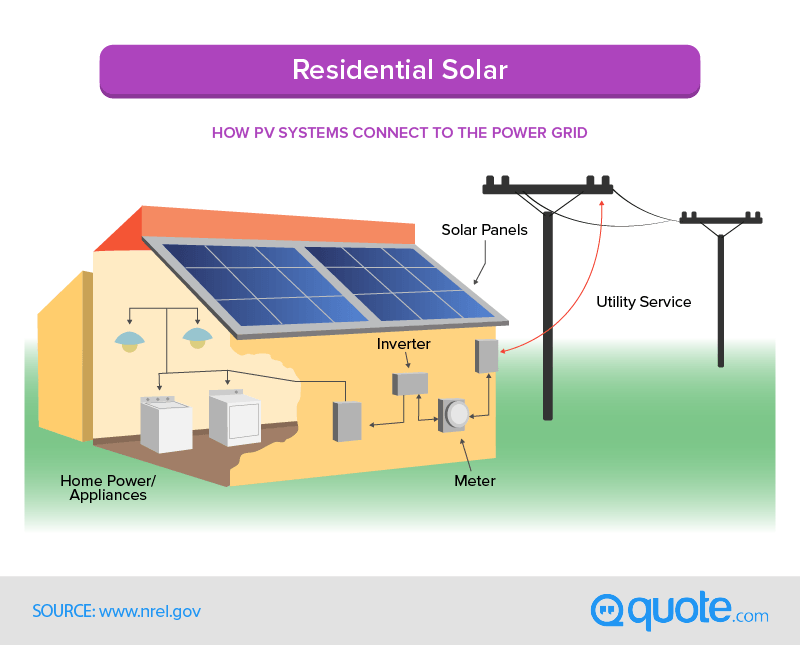Which direction do the slopes of your roof face.
Roof mounted solar panels undermine important windmill setting.
When wind blows across a roof with solar panels it passes through the small space that typically exists between the panels and the roof or between your panels and the ground in the case of ground mounted systems causing a large amount of uplift to the panels.
Solar panels require specific placement in order to generate the maximum amount of power.
When considering rooftop solar the roof system should be designed to have an equivalent or longer lifespan than that of the solar arrays.
In the northern hemisphere the sun crosses the sky a little to the south which means putting solar panels on a south facing roof is the best way for homeowners to capture the most solar energy.
Well when it comes to solar panels west is second best.
Ground mount solar panel systems offer benefits for all homeowners.
Whether it s a new roof with solar arrays or will have solar arrays installed in the near future or it s an existing roof that will receive solar there are many important considerations for roof system design and panel layout.
In most instances where wind causes damage to a solar array failures occur due to weaknesses in the racking system or in the roof that your panels are mounted to.
But what if you don t have a suitable south facing roof.
Before you go ahead with any installation make sure that your roof has enough space for the solar panels.
While some areas have local ordinances requiring setbacks and pathways others do not or the system may have been.
First ground mounted solar panel systems are very easy to place because they can be located on open land.
Roof access may be limited by solar panels of any type see photo 1 below.

